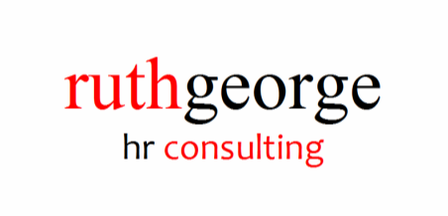A couple of years ago I came across one of those books that really makes you stop and think. Having read quite a few management books over the years, believe me, it takes a lot for me to actually finish one of these books and even more to go further and recommend it to people. I originally purchased it to help with parenting (and God knows I need all the help I can get with that!) but it’s only recently dawned on me just how useful this book is for the workplace, so I’m here to share what I think are the most useful parts.
If you fancy a Google, search for Mindset by Carol Dweck. She’s a Stanford University professor and the book will give you all the evidence and science you need to understand and believe the theory. But in the interests of being practical and pithy, here are the three key elements that you can take away now and use if you’re an employer, whether small, medium or large.
If you employ people it’s likely that you give them feedback all the time about their work: at the end of a project, during an annual appraisal or just at the end of the week. Most of us are used to thanking staff for a job well done and praising them for a good piece of work but did you know which feedback most resonates with staff? Three simple phrases:
(PS - if you’re a parent these techniques most definitely work with children too)
If you employ people it’s likely that you give them feedback all the time about their work: at the end of a project, during an annual appraisal or just at the end of the week. Most of us are used to thanking staff for a job well done and praising them for a good piece of work but did you know which feedback most resonates with staff? Three simple phrases:
- recognising the hard work they’ve put in
- acknowledging the perseverance they’ve demonstrated
- appreciating the effort they’ve invested
(PS - if you’re a parent these techniques most definitely work with children too)
